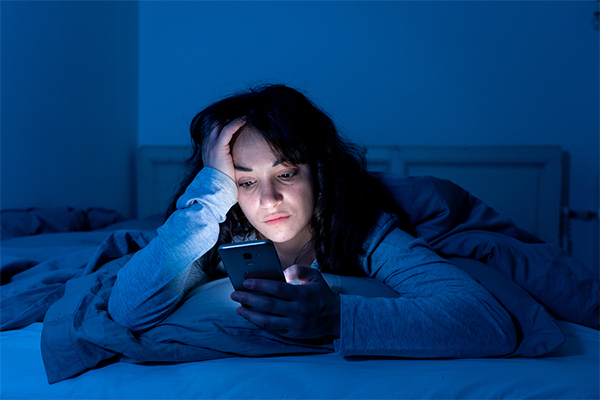Feel like you’re in a fog? That’s what poor sleep can do to you — and it can be bad for your health, too.
Lack of sleep lowers your concentration, affects your memory, saps your energy and increases your risk for an accident — and can even lead to conditions such as depression, high blood pressure and obesity.
Trouble Sleeping? Change Your Behavior
Thoughts and behaviors can affect your ability to sleep, but you can change these habits. Dr. Amy Blanchard, medical director of the Augusta University Sleep Center, suggests:
- Relaxation training. Mental exercises, as well as deep breathing and meditation, can help you relax and fall asleep.
- Remaining passively awake. It seems counterintuitive — instead of trying to fall asleep, you don’t try at all. This technique lets you stop worrying about it and calm down enough to sleep.
- Sleep environment improvement. Your bedroom should be free of stimuli such as a television, smartphone or clock directly in view. The cooler, darker and quieter — the better.
- Sleep hygiene. This is “hygiene” in that you are cleansing yourself of habits that impact your sleep, such as caffeine consumption late in the day or smoking.
- Sleep restriction. If you take naps during the day to combat fatigue and go to bed early but are unable to fall asleep, stop. Late bedtimes and a lack of naps cause short-term exhaustion, but make it easier to fall asleep.
- Stimulus control therapy. This treatment involves sticking to a strict regimen of consistent bedtimes, no naps and leaving the bedroom if you’re unable to fall asleep within 20 minutes.
From A to ZZZZ’s
If you’re suffering from chronic lack of sleep — defined as difficulty sleeping for six months or more — it’s time to consult a sleep specialist. He or she can help identify what’s causing your insomnia and offer treatments that work. Call 706-721-2273 (CARE).





